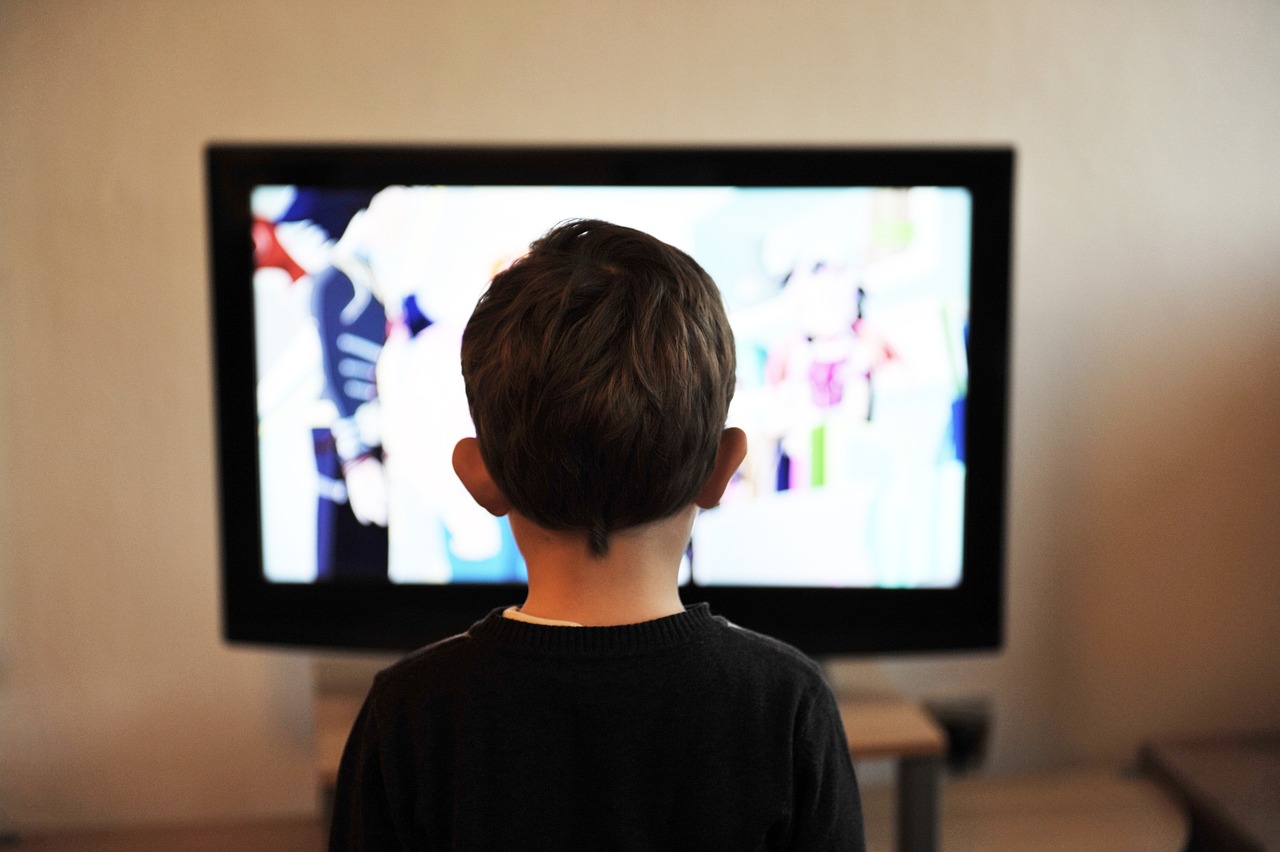Most Think This Is Harmless Fun…It’s Not…Watching Too Much TV Is Unhealthy
America, Watching Too Much TV Is Unhealthy, Here’s Why
There’s this weird… thing, this phenomena, where people plop down in front of the TV for hours in a row, for days (even weeks) on end and binge watch.
Don’t get me wrong, I love some of the shows out there. The Walking Dead is one of my favorites, and I’m sure some of the people in my office are tired of me talking about zombies, all the plot twists, and how I can’t wait for the new season.
But, here’s the problem with this new binge-watching fad.
It’s incredibly unhealthy.
Don’t misunderstand me, I’m not saying having a favorite TV show and spending a few weeks watching all the seasons is a bad thing.
But the habitual practice of watching hours and hours of TV every single day is.
Health professionals have been saying this for years. One of the biggest problems is that the size and scope of television programming has been rapidly growing over the past decade. That, and now TV isn’t just on a box in the living room anymore. It’s on our phones, our computers, and everywhere else you turn.
And a new study by the Northern California Institute for Research and Education at the Veterans Affairs Medical Center in San Francisco has just proven something very interesting about what watching too much TV does to you.
The Unbelievable Way Watching Too Much TV Is Unhealthy
It looks like TV has the real chance of actually making you dumber. At least, that’s a possible reality some preliminary research might prove.
People say that jokingly… they call the TV the “boob tube” because it supposedly turns your brain into mush.
And I would say if all you do is watch TV (and do little else) then it certainly can.
Tina Hoang was one of the researchers who worked on the study. What she said was, “We found that low physical activity and high TV watching in young adulthood were associated with worse cognitive [mental] function” in middle-age.
This is really important for parents to know, and it’s probably one of the reasons our students struggle so much in school now.
Now the takeaway here isn’t only that watching too much TV hurts your health but not getting physical exercise does too. Not that those two things are mutually exclusive.
This next finding the researchers said was “particularly surprising,” to them. I’m not really sure why, honestly. As a health professional, I can see an obvious effect on well-being when a lack of physical activity is a significant factor in someone’s life.
I wrote about that in an article about the dangers of sitting, and our philosophy here at Health As It Ought To Be is that ideal health involves physical activity.
So this is why the team is cautioning that their studies are only preliminary at this point.
But, “this is really a preliminary study,” she cautioned. Hoang also acknowledged that while TV time and physical inactivity seem to be associated with diminished mental ability, the study couldn’t show whether or not such lifestyle factors actually cause mental decline. “More work is needed to really understand this relationship,” she added.
Hoang and her partners published their findings in JAMA Psychiatry.
This was a very thorough study, as it spanned 25 years and focused on over 3,200 men and women.
To start, the volunteers had an average age of about 25 years old. “Most (55 percent) were white and 57 percent were female. More than 90 percent of the study volunteers finished high school, the researchers said.”
They reported on their TV watching habits and filled out a general lifestyle questionaire.
According to the researcher’s definitions, anyone who was a classic “binge watcher” (that’s a modern term) was someone who watched in excess of 3 hours of TV per day, every day (21 hours a week or 1092 hours a year).
The researchers calculated physical activity by exercise units. These units were measured using a combination of duration of exercise with intensity of exercise. Those who scored low on physical activity were below the baseline number of exercise units for their sex, the study said.
Mental capacity was assessed by testing that looked at verbal memory skills and the ability and speed with which participants were able to plan, organize, and perform mental tasks.
In the end, the investigators found that 11 percent of the study volunteers were high TV-watchers. At middle-age, high TV-watchers were more likely to fare poorly on most mental function testing compared with low TV-watchers, the study found. The one exception the researchers discovered was that high TV-watchers did not fare worse in terms of verbal memory.
Those whose physical activity levels were ranked as low (about 16 percent of participants) were significantly more likely than those ranked high to fare poorly in terms of the ability to think quickly and perform mental tasks, the study found.
And participants who were both high TV-viewers and low exercisers had up to double the risk for poor mental performance by middle-age, compared with those who had been both low TV consumers and more physically active during young adulthood, the findings showed.
The researchers tried to make this study even all the way across.
But there were definitely a lot of factors they couldn’t control for. Those being substance abuse problems, weight gain, poor nutrition, etc. And again, the evidence isn’t definitive.
One psychologist said, “there are too many variables and confounding factors to say that the behaviors of TV watching and a sedentary lifestyle is a direct ticket to poor cognitive health.”
All this being said, I recommend keeping your TV watching habits well below what this survey determined was unsafe.
That way you’ll be healthier (and you’ll be more interesting).


